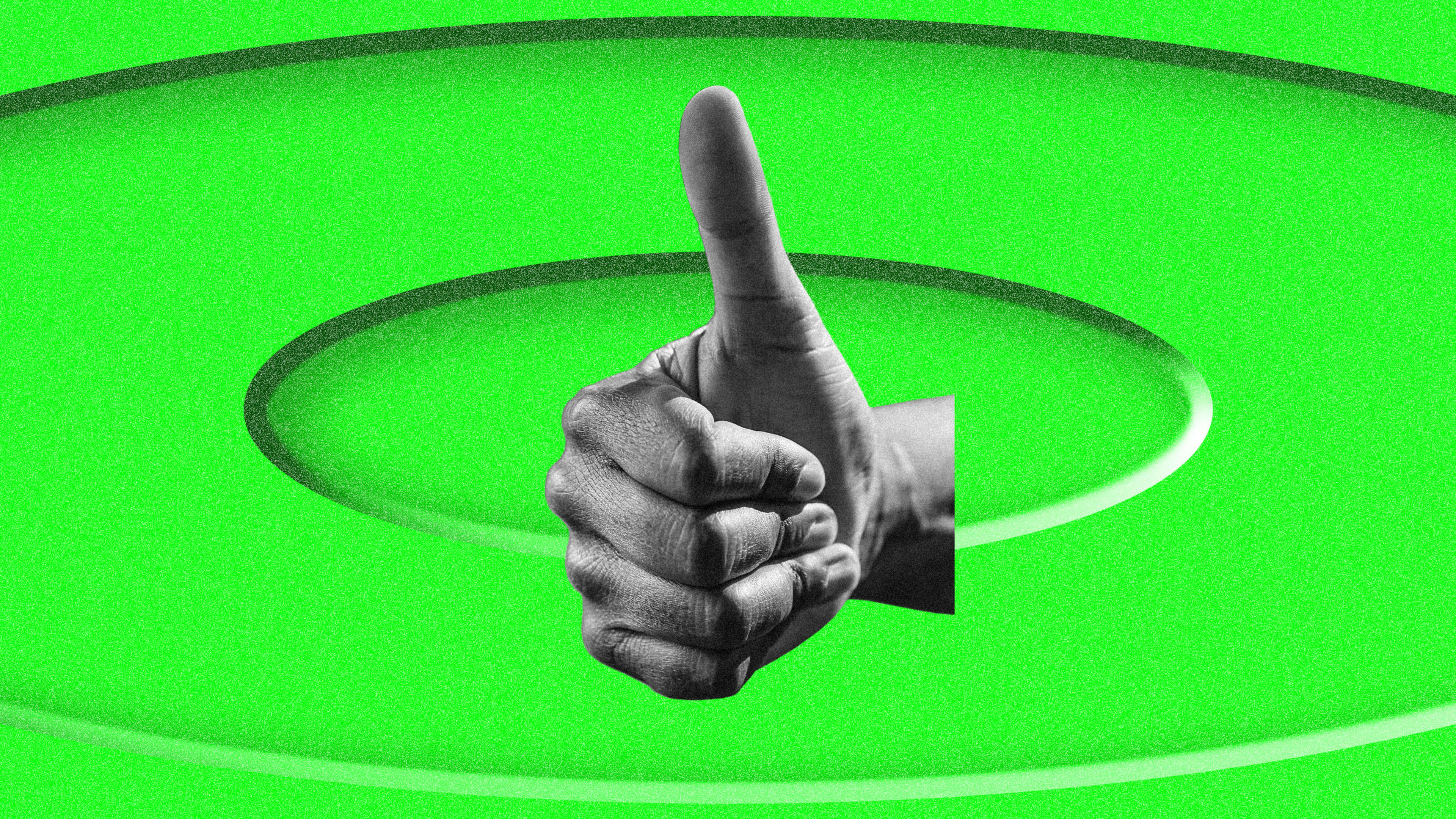We’re in the midst of a youth mental health crisis and many chalk this up to the advent of social media. In a new report, McKinsey Health Institute surveyed 42,000 people in 26 different countries about their mental, physical, social, and spiritual health, and found that the connection between mental health and social media is more complex that we thought it was. In some cases, social media had a positive impact on mental health and enabled respondents to access more health resources. Here are the report’s key findings:
- The crisis is real: Gen Z reported the most challenges with health across the most dimensions. On average, one in seven baby boomers said their mental health had declined over the past three years. For Gen Z, that number was one in four. Meanwhile, female Gen Zers were twice as likely to report poor mental health than their male peers.
- But everybody uses social media: 75% of respondents across all age groups said they use social media at least 10 minutes a day. Millennials were the most active social media users, while baby boomers in eight of the 26 countries surveyed reported spending as much time on social media as Gen Z.
- And that can generate both negative and positive impacts: Overall, one third of respondents across all age groups reported that social media had a positive impact on their mental health. However, the impact differed by generation, with younger generations more likely to report negative impacts. Gen Z respondents from Europe were more likely to report negative effects (32%) than Gen Z respondents from Asia (19%).
- Technology also enables access to health: 25% of respondents said they used a digital wellness app, and over 60% of respondents using digital mental health programs said they were likely to continue using these programs.
“Social media and technology, while part of the broader dialogue around youth mental health, can be powerful tools in promoting well-being and offering scaled mental health support,” the report’s authors wrote.
Recognize your brand’s excellence by applying to this year’s Brands That Matter Awards before the early-rate deadline, May 3.
